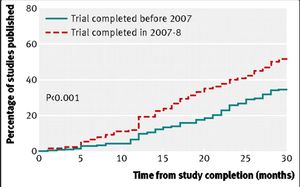A colleague recently asked me for speakers who could participate in a panel on work/life balance in academia. After suggesting three names, I realized that only women came to mind. Men have families and personal commitments, too, so why shouldn’t they offer an opinion?
Researchers at UT Austin have published a small study that begins to answer that question. They interviewed 12 male faculty members at a research university. All the subjects had young children, and most expressed a preference for egalitarian parenting.
In a thematic analysis of the responses, the authors found that male faculty compartmentalize professional and personal lives and sacrifice their health to cope with the demands. Despite their professed views, many also allowed their wives to serve as primary caregivers to the children.
Finally, they concluded that men either do not know about university policies to benefit parents or are afraid to take advantage of them. While it is important to highlight opportunities for work relief and flexible schedules, it is just as crucial to educate leaders not to see these resources as intended only for women.
 Researchers at Yale reviewed 635 clinical trials conducted between 2005 and 2008 and found that only 46% appeared in peer-reviewed, MEDLINE-indexed journals by 2011.
Researchers at Yale reviewed 635 clinical trials conducted between 2005 and 2008 and found that only 46% appeared in peer-reviewed, MEDLINE-indexed journals by 2011.